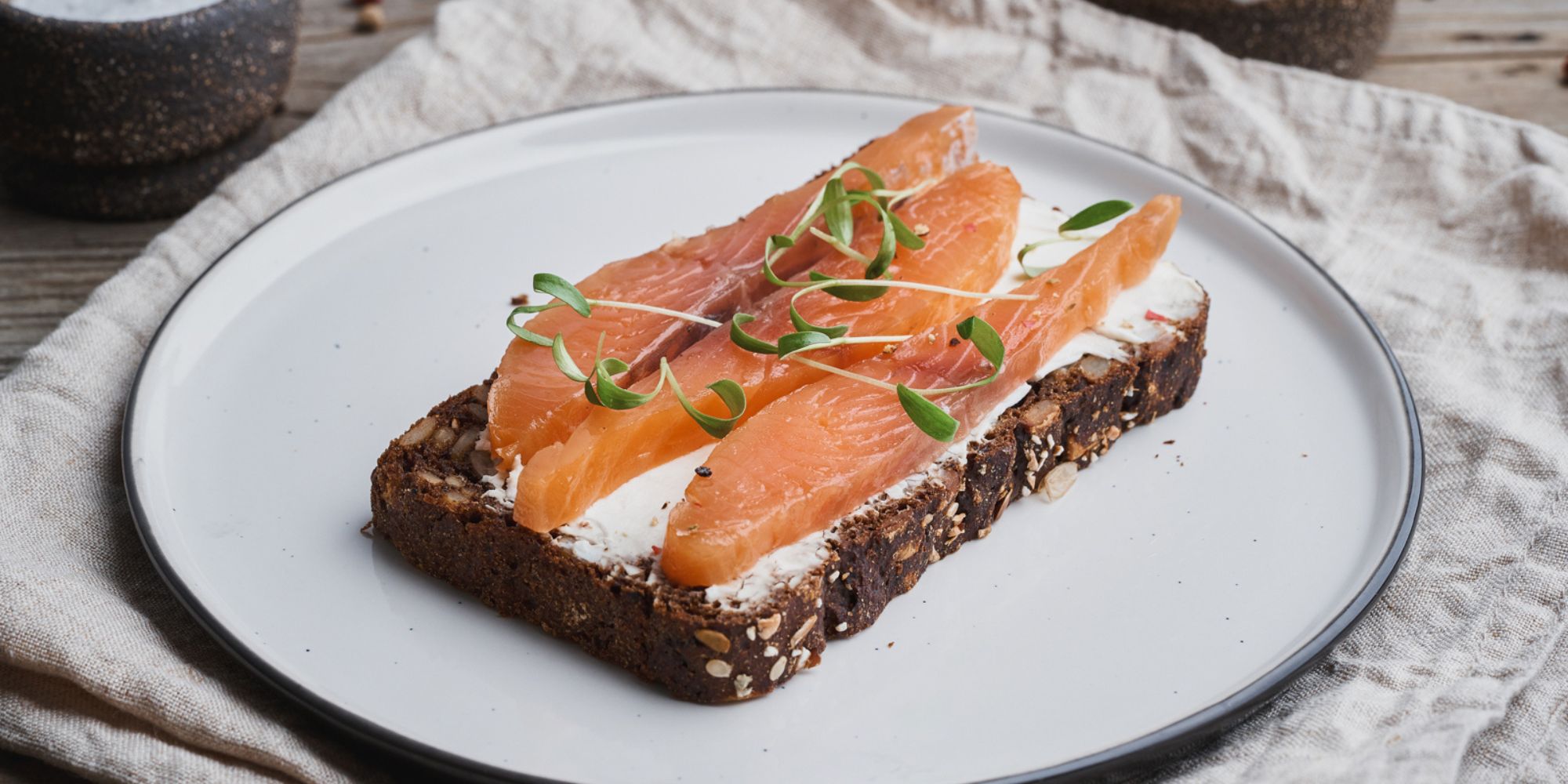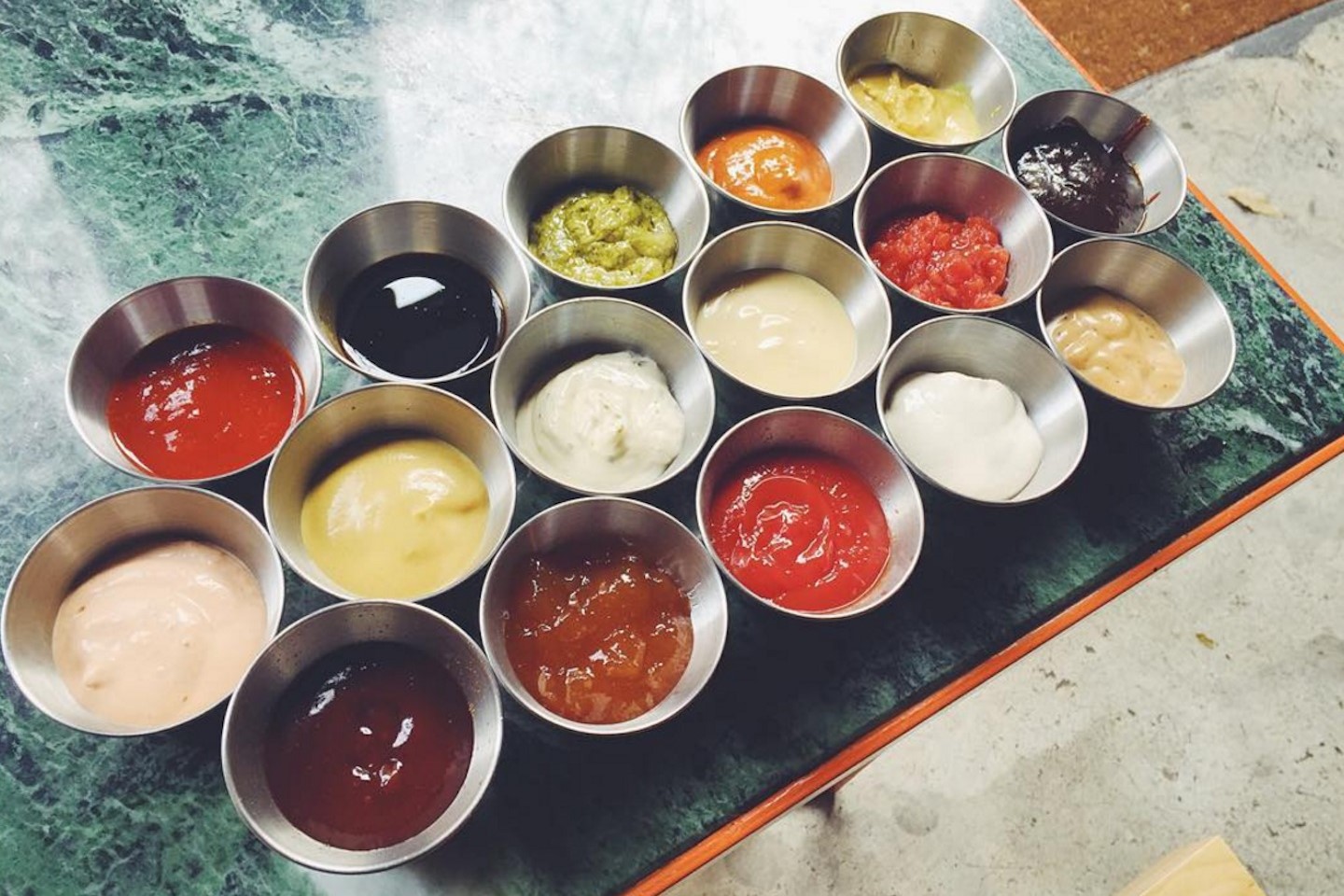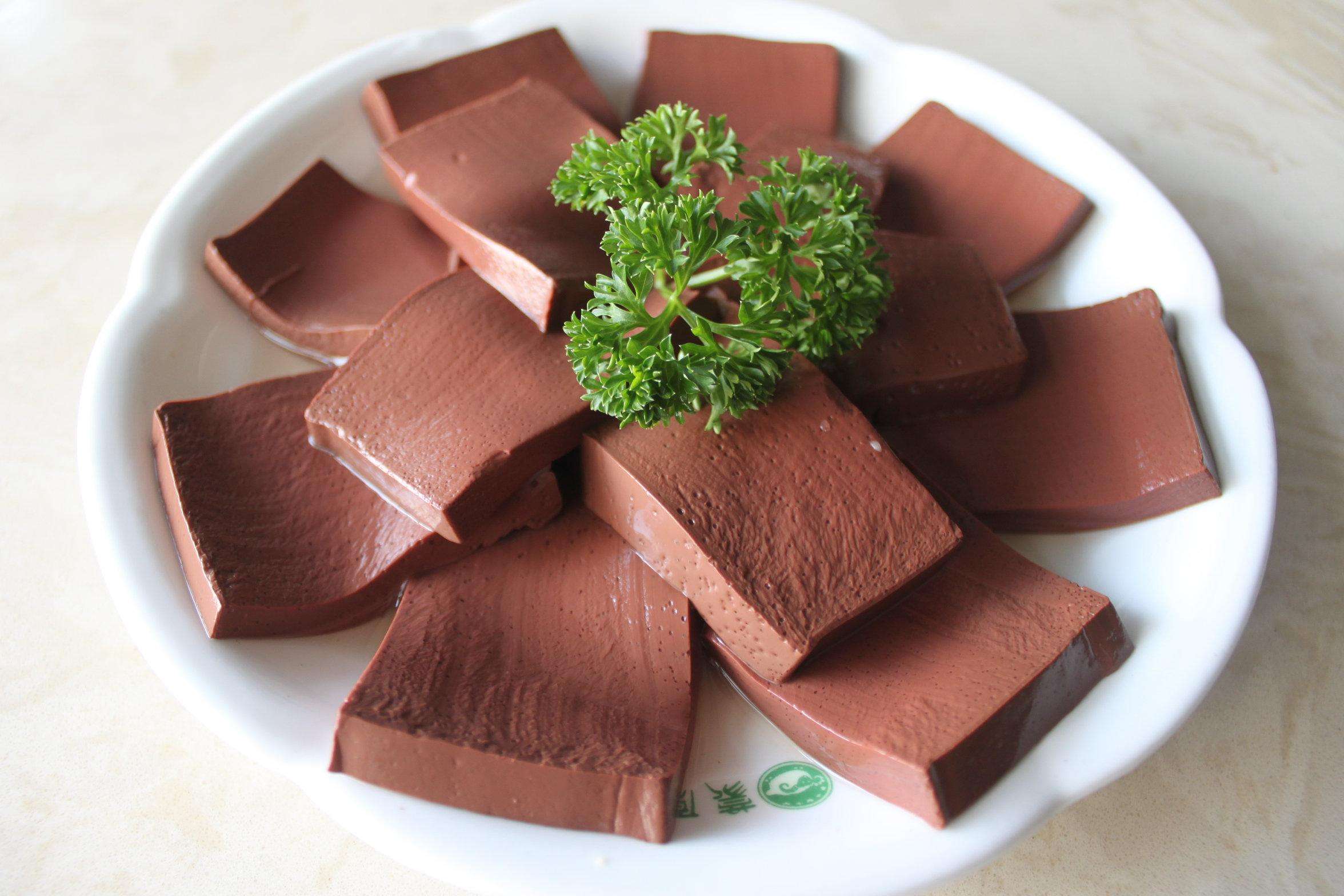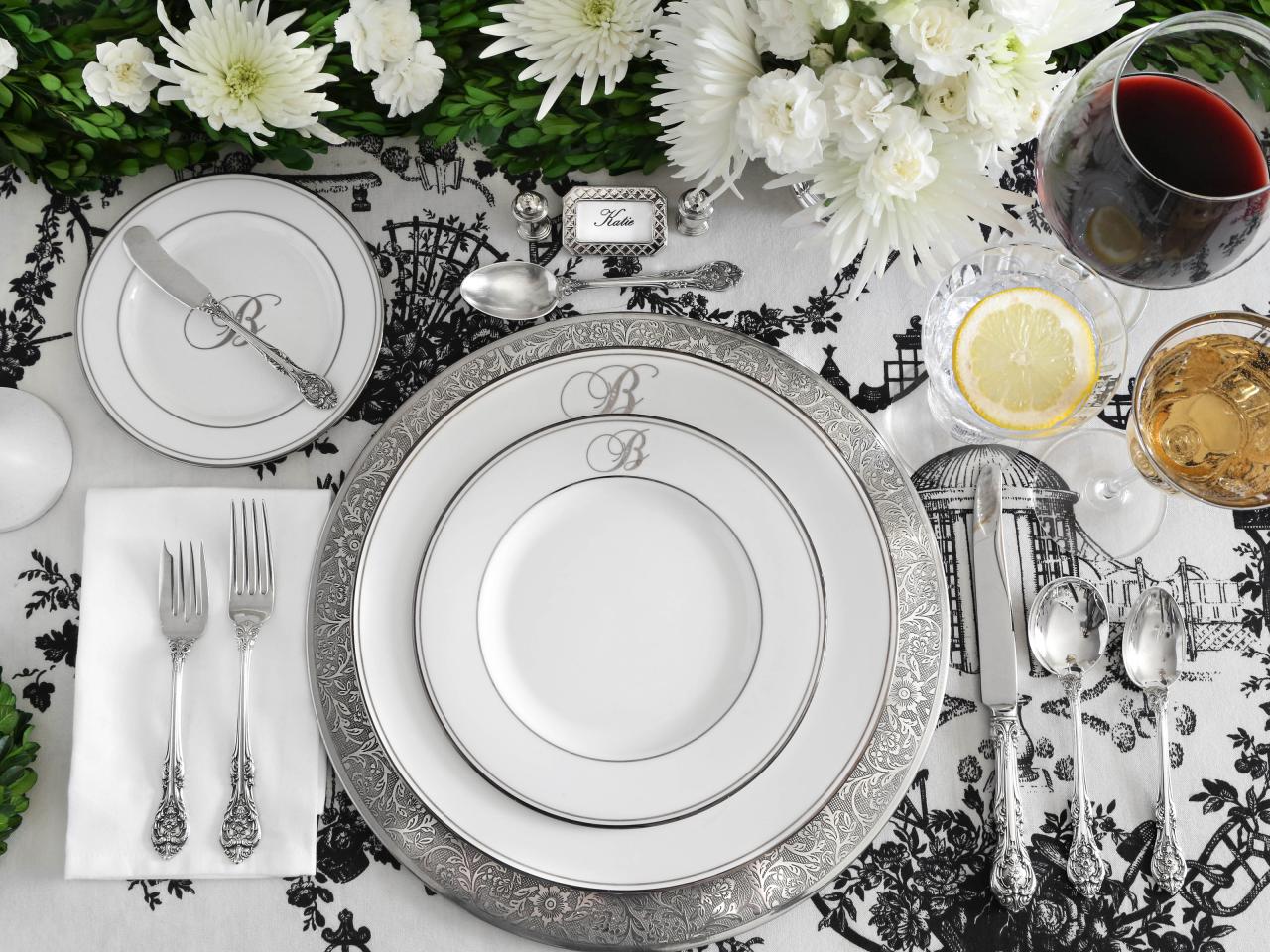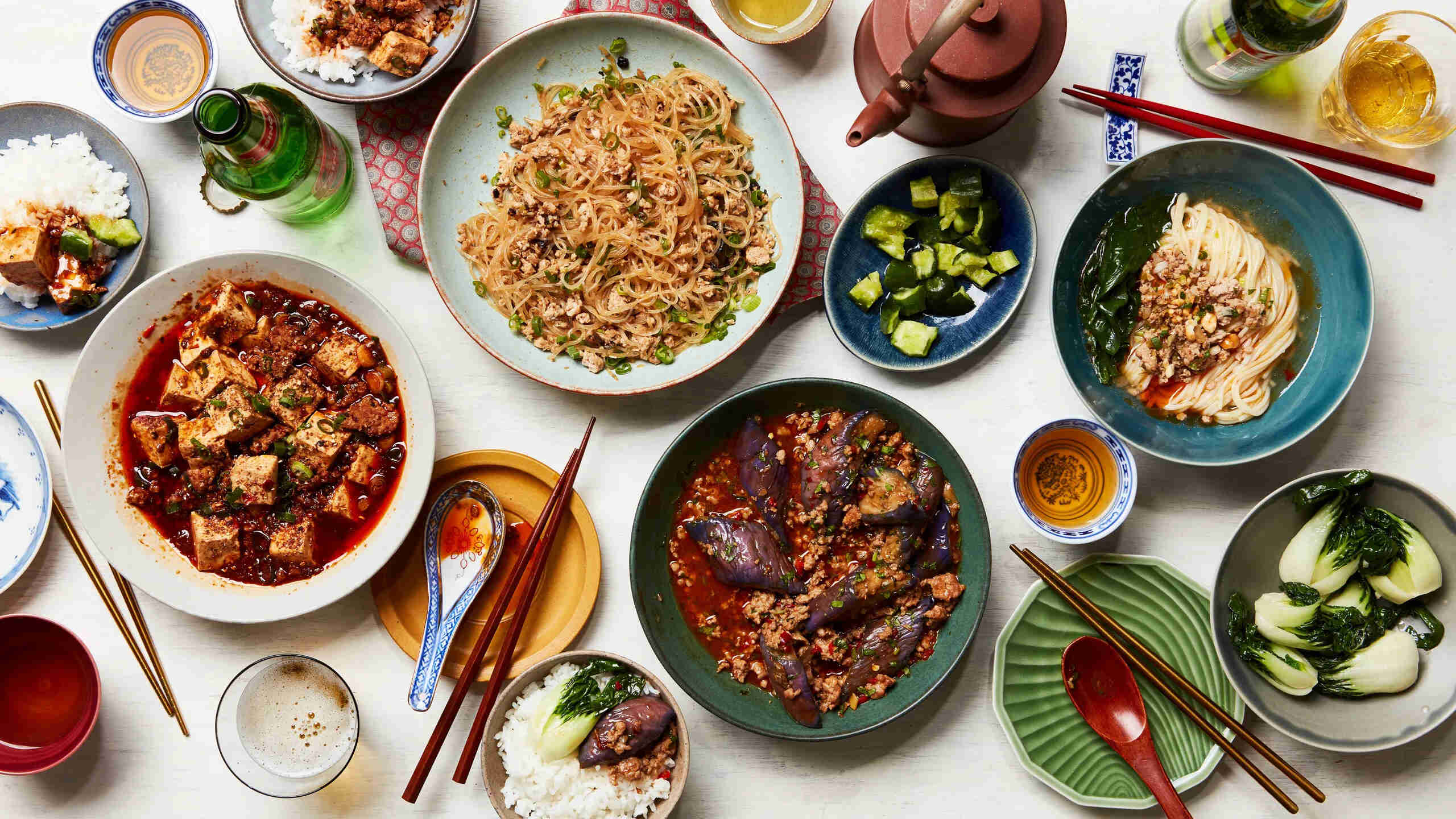Hosting a dinner party for the first time can be both exciting and nerve-wracking. Around the world, different cultures have unique traditions to welcome guests and ensure a memorable evening. From setting the table to preparing special dishes, these customs reflect the rich heritage and hospitality of each region. Whether it's a Japanese tea ceremony, an Italian feast, or a Moroccan tagine, understanding these traditions can add a special touch to your gathering. Let's explore how various cultures celebrate their first dinner party, offering inspiration and insight into creating an unforgettable experience for your guests.
Gathering the Essentials for Your Global Feast
Exploring Global First Dinner Party Host Traditions
Italian Feast:
- Fresh basil
- Ripe tomatoes
- Mozzarella cheese
- Olive oil
- Garlic cloves
- Pasta (spaghetti or penne)
- Parmesan cheese
- Balsamic vinegar
- Fresh bread
- Red wine
Japanese Dinner:
- Sushi rice
- Nori sheets
- Fresh fish (salmon, tuna)
- Soy sauce
- Wasabi
- Pickled ginger
- Rice vinegar
- Mirin
- Sesame seeds
- Green tea
Mexican Fiesta:
- Corn tortillas
- Black beans
- Avocados
- Limes
- Cilantro
- Jalapeños
- Tomatoes
- Onions
- Ground beef or chicken
- Mexican cheese blend
French Soirée:
- Baguette
- Brie cheese
- Red grapes
- White wine
- Dijon mustard
- Fresh herbs (thyme, rosemary)
- Butter
- Garlic
- Chicken breasts
- Heavy cream
Indian Banquet:
- Basmati rice
- Chicken or lamb
- Curry powder
- Coconut milk
- Fresh coriander
- Garlic
- Ginger
- Onions
- Tomatoes
- Naan bread
Greek Gathering:
- Feta cheese
- Kalamata olives
- Cucumbers
- Tomatoes
- Red onions
- Olive oil
- Lemon juice
- Oregano
- Pita bread
- Tzatziki sauce
Essential Tools for Crafting an International Dinner
- Chef's Knife
- Cutting Board
- Mixing Bowls
- Measuring Cups and Spoons
- Skillet or Frying Pan
- Saucepan
- Baking Dish
- Spatula
- Whisk
- Tongs
- Peeler
- Grater
- Colander
- Can Opener
- Blender or Food Processor
Hosting your first dinner party? Research global traditions for inspiration. From Italy's aperitivo to Japan's omotenashi, incorporating these customs can create a memorable, culturally rich dining experience for your guests.
The Importance of Embracing Global Dinner Traditions
First dinner party host traditions often reflect cultural values and hospitality. In Japan, hosts serve guests first to show respect. In Italy, sharing a homemade meal signifies warmth and friendship. These customs create a welcoming atmosphere, making guests feel valued and appreciated.
Many cultures emphasize food presentation and table settings. In France, hosts meticulously arrange dishes and cutlery to enhance the dining experience. In India, serving food on banana leaves symbolizes purity and respect. These traditions highlight the importance of thoughtfulness and care in hosting.
Your Global Dinner Party: A Step-by-Step Journey
Exploring Global First Dinner Party Host Traditions
**1. Plan the Menu
- Research Traditional Dishes: Look up traditional dishes from the chosen culture.
- Balance the Courses: Include appetizers, main courses, side dishes, and desserts.
- Consider Dietary Restrictions: Be aware of common dietary restrictions in the culture.
**2. Set the Table
- Use Authentic Tableware: Find authentic tableware like plates, bowls, and utensils.
- Arrange According to Tradition: Follow the traditional table setting of the culture.
- Add Cultural Decor: Incorporate cultural decorations like tablecloths, napkins, and centerpieces.
**3. Prepare the Food
- Gather Ingredients: Source authentic ingredients from local markets or specialty stores.
- Follow Traditional Cooking Methods: Use traditional cooking techniques and tools.
- Cook in Advance: Prepare dishes that can be made ahead of time to reduce stress.
**4. Create the Atmosphere
- Play Traditional Music: Find traditional music from the culture to play in the background.
- Dress in Traditional Attire: Wear traditional clothing or accessories.
- Decorate the Space: Use cultural decorations like banners, lanterns, or artwork.
**5. Welcome Guests
- Greet in the Native Language: Learn a few greetings in the culture's language.
- Offer a Traditional Welcome Drink: Serve a traditional beverage as guests arrive.
- Explain the Evening: Briefly explain the cultural significance of the dishes and traditions.
**6. Serve the Meal
- Follow Serving Customs: Serve dishes in the traditional order and manner.
- Encourage Participation: Invite guests to participate in any cultural rituals or customs.
- Share Stories: Share stories or facts about the culture and its culinary traditions.
**7. Engage in Activities
- Plan Cultural Activities: Organize games, dances, or crafts related to the culture.
- Teach a Skill: Demonstrate a traditional skill like origami, calligraphy, or dance steps.
- Encourage Conversation: Foster discussions about cultural experiences and traditions.
**8. Thank Your Guests
- Offer a Small Gift: Give guests a small token or souvenir related to the culture.
- Express Gratitude: Thank guests in the native language.
- Invite Feedback: Ask for feedback on the evening and any suggestions for future events.
Bringing It All Together
Hosting a dinner party for the first time can be both exciting and nerve-wracking. Embrace the traditions from around the world to make your gathering memorable. Whether it's the Italian aperitivo, the Japanese omotenashi, or the French apéritif, each culture offers unique ways to welcome guests and set the tone. Remember to plan your menu thoughtfully, considering dietary preferences and seasonal ingredients. Create a warm, inviting atmosphere with simple decorations and good lighting. Engage your guests with interesting conversation starters and perhaps a fun activity or two. Most importantly, relax and enjoy the evening. Your guests will appreciate your effort and hospitality. Hosting is about making connections and sharing joy, not about perfection. So, take a deep breath, smile, and let the good times roll.
All Your Questions Answered About Hosting a Global Dinner Party
What are some traditional first dinner party customs in different cultures?
In Japan, guests often bring a small gift, like sweets or sake, to show appreciation. In France, it's common to arrive a bit late and bring a bottle of wine. Italians might bring a dessert or flowers. Each culture has its own unique way of showing respect and gratitude.
How should I greet my guests at a first dinner party?
A warm, friendly greeting sets the tone. In Spain, a kiss on each cheek is customary. In the U.S., a firm handshake or a hug works. Middle Eastern hosts might offer a heartfelt welcome and a small refreshment right away.
What kind of food should I serve at my first dinner party?
Choose dishes that reflect your culture or something you’re comfortable making. In India, a variety of curries and rice dishes might be served. Mexican hosts might offer tacos, enchiladas, and fresh salsa. The key is to make sure there’s enough for everyone and to cater to any dietary restrictions.
How can I make my guests feel comfortable?
Create a welcoming atmosphere with good lighting, comfortable seating, and background music. In Italy, hosts often engage guests in lively conversation. Chinese hosts might serve tea and snacks before the main meal to help guests relax.
Should I plan any activities or games?
It depends on your guests and the setting. In Brazil, a game of cards or dominoes might be popular. British hosts might enjoy a round of charades or a quiz. Activities can help break the ice and make the evening more enjoyable.
How do I handle dietary restrictions or preferences?
Ask your guests ahead of time about any dietary needs. In Israel, hosts might offer kosher options. Indian hosts might provide vegetarian dishes. Being considerate of your guests' needs shows you care about their comfort and enjoyment.
What’s the best way to end the evening?
Thank your guests for coming and offer a small token of appreciation, like a piece of dessert to take home. In Greece, it’s common to end with a toast. Japanese hosts might bow and thank each guest individually. Ending on a positive note leaves a lasting impression.


